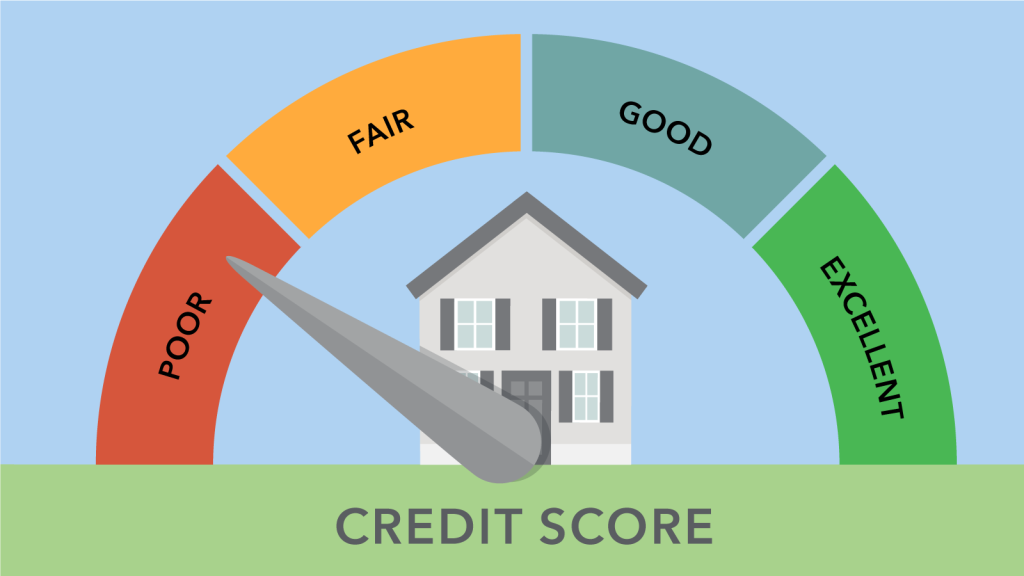
If you apply for a mortgage, lenders are going to look at your credit score. If you have bad credit, they may deny you a loan entirely. Or they may charge you a higher interest rate if they are willing to allow you to borrow at all. This can make becoming a homeowner more expensive.
Since bad credit adversely affects your ability to get an affordable home loan, you may be wondering whether it ever makes sense to move forward with becoming a property owner if your credit score is imperfect.
The answer is, it depends – but there are situations where you may opt to bite the bullet and buy a home even if your credit isn’t great. Here’s how you can decide.
Are you financially ready to buy a home?
The very first thing to consider when deciding whether to buy a home with bad credit is whether you are in good financial shape generally.
See, sometimes people have low credit scores because they don’t borrow money and therefore don’t have much of a credit history. Or in other cases, disasters in the past hurt their credit but they’re now in a good place financially. If that’s the case, then moving forward with buying a home may not be the worst choice even if you have to get a mortgage at a slightly higher rate than someone with a better credit score. You can start benefiting from property appreciation, work on improving your credit, and hopefully refinance after a short period of time once you show you are a responsible borrower.
But if your credit score is low because you are struggling to make your current debt payments, then you definitely don’t want to buy a house and create an additional huge financial obligation for yourself.
How long will it take to improve your credit?
Obviously, it would be ideal if you could improve your credit score before buying a house so you had a broader choice of affordable lenders. But if it will take years to do that because you have lots of recent black marks on your credit, then you may not want to wait.
When you delay homeownership, you could see properties get more expensive in the interim. You’d end up paying more and missing out on the extra money that comes with an increase in property values. Of course, there’s no guarantee that will happen, and prices could also go down, so a lot depends on current market conditions where you live.
Delaying homeownership means you’d be paying rent for longer and not building equity, and you may not want to keep doing that while you wait years for your credit to improve. Even if you get stuck paying a slightly higher mortgage rate because of your credit score, you could still end up improving your net worth by becoming a homeowner rather than a renter. That’s because by doing so, your payments would help you acquire an asset rather than just pay for a place to live.
How much would your mortgage actually cost you?
Finally, you will want to consider what mortgage options are actually on the table for you when deciding whether to buy a home with bad credit.
There are some government-backed loans, such as FHA, USDA, and VA loans, that can provide affordable options for bad-credit borrowers. If you can qualify for a loan at a reasonable rate from these programs or other mortgage lenders that cater to bad-credit borrowers, then homeownership may easily be within reach.
You’ll also want to remember that mortgage interest is tax deductible if you itemize, so the government essentially subsidizes the interest you’re paying. And you can refinance in the future if your credit improves, so you aren’t doomed to pay higher mortgage interest for life.
Ultimately, you should consider these three issues and carefully assess your personal situation when you decide if buying is right for you. But if you’re in a good financial position to pay a mortgage and make a down payment, don’t assume bad credit means homeownership is out of reach





























